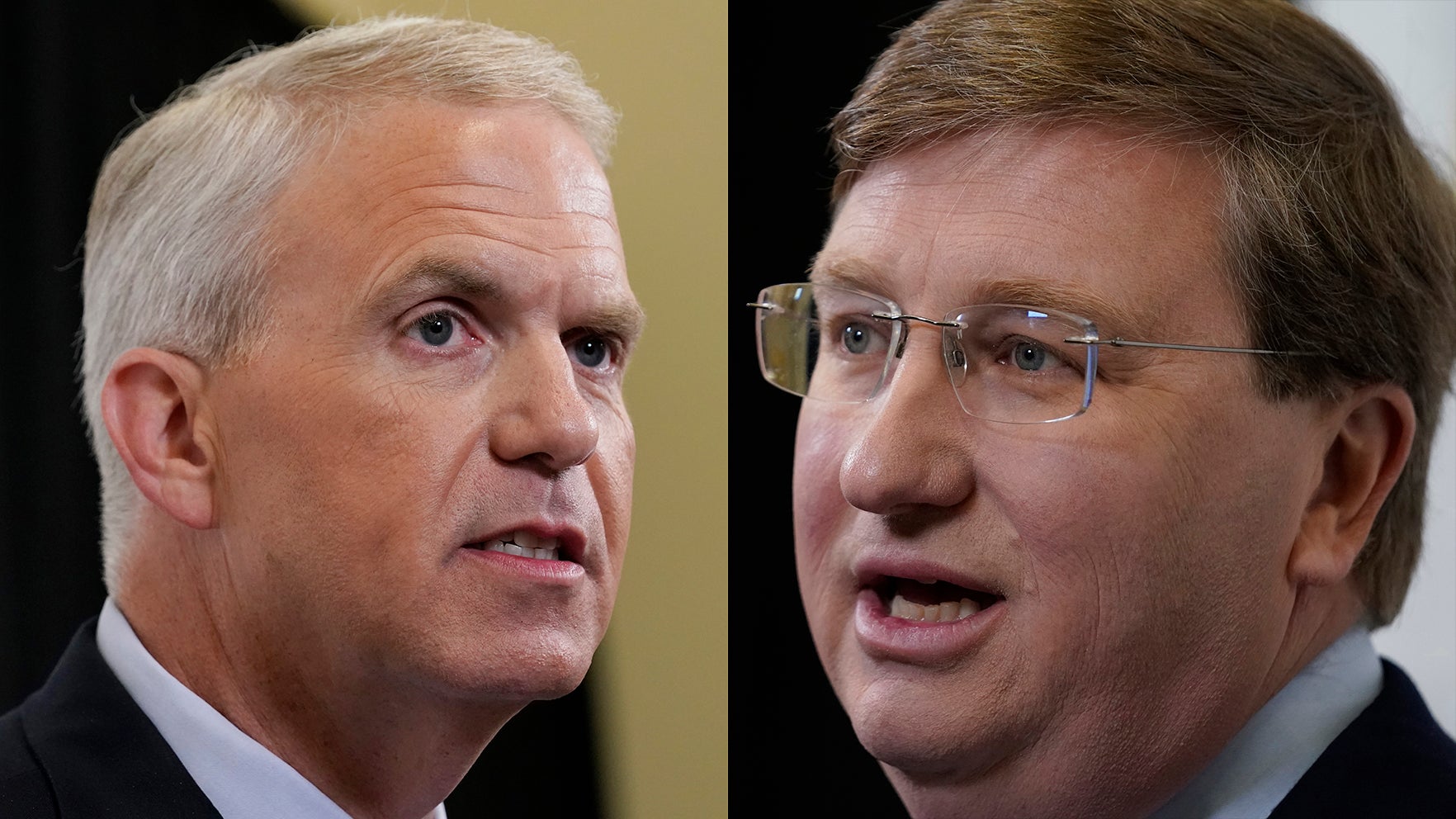Mississippi Department of Transportation delays road to lieutenant governor’s subdivision
Published 9:18 am Wednesday, July 11, 2018
FLOWOOD, Miss. (AP) — The Mississippi Department of Transportation is putting the brakes on a plan to build a $2 million access road to a gated subdivision where Lt. Gov. Tate Reeves lives.
Transportation commissioners said they made the decision during conversations Tuesday. It happened after that the department’s executive director, Melinda McGrath, said there was “political pressure” from the Legislature to build the road in the Jackson suburb of Flowood.
McGrath wouldn’t say who was pressuring her other than to say “the Senate side.” Republican Reeves leads the Senate.
Commissioner Dick Hall said he and his two colleagues will evaluate the need for the road.
“I’m not saying we’re not going to do it, but we’re going to postpone it and re-evaluate the need for it,” Hall said.
Commissioner Tom King told The Associated Press there is no safety reason to support building the road.
McGrath said much of the communication from the Capitol to her department has been verbal. But records show Reeves’ staff and his neighborhood’s property owners association have communicated with the department about the frontage road, which would parallel busy Lakeland Drive between a shopping center and the entrance to two subdivisions in Flowood.
Reeves declined to be interviewed. A spokeswoman for the lieutenant governor said the city of Flowood and the state negotiated the project.
“The lieutenant governor suggested a red light years ago at the intersection due to a number of accidents that had occurred. MDOT evidently did not view that as a good option,” the spokeswoman said. “He does support the frontage road as a safe alternative.”
Flowood Mayor Gary Rhoads said he knows of no political pressure from Reeves to build the road and said the city pushed for it as a “safety issue.”
From December 2017 through May, there was only one crash at the corner and it was not severe. The intersection scored low on MDOT engineers’ “severity index” before and after widening.
Records indicate the Oakridge Property Owners’ Association opposed the city of Flowood’s support for MDOT building a right turn lane and associated U-turn, a $200,000 alternative to the new $2 million road. The head of the homeowners association favored continuing to allow left turns across a widened Lakeland, saying safety wasn’t a problem.
“We have used that crossover for more than 10 years (since the inception of our neighborhood) with relatively few safety problems,” Walter Brand, president of the Oakridge Property Owners’ Association, wrote to Rhoads.
Reeves has been critical of the Department of Transportation. This year, as the House and Senate sparred over road spending plans and failed to pass anything, Reeves proposed a plan to give the governor much more control over road spending. Reeves is widely expected to run for governor in 2019. One component of Reeves’ plan was to strip $125 million from MDOT over five years.
The discussion comes as the state struggles to pay to maintain existing roads and bridges. Reeves and the Senate earlier forced the department to spend $43 million widening Lakeland, which is part of state-maintained Mississippi 25.
“Have you ever ridden down Highway 25? It is without question the project that needs funding more than any other, and for whatever reason the Department of Transportation has not made it a priority,” Reeves said at the time.
It’s also the most direct route from Reeves’ home to the Capitol.
House members blocked the move in 2014, killing the annual transportation funding bill and forcing a special session. But Senate negotiators earmarked a 2015 bill requiring the agency to widen the road, forcing the department to spend millions that would have gone to other projects.
In a list of early “demands” the neighborhood gave to the department, homeowners wanted the new road to be one-way from the neighborhood to Dogwood Boulevard. Transportation officials balked at building what would have essentially been a private driveway.
The neighborhood voiced concerns over whether it would be reimbursed for property for the project before agreeing to donate it. The state paid other property owners $323,000.
At one point in negotiations a lawyer wrote to the head of the homeowners’ group that: “MDOT instructed me to point out that this project is for the benefit solely of the Oakridge homeowners and expeditious execution (of deeds and easements) would be appreciated.”




